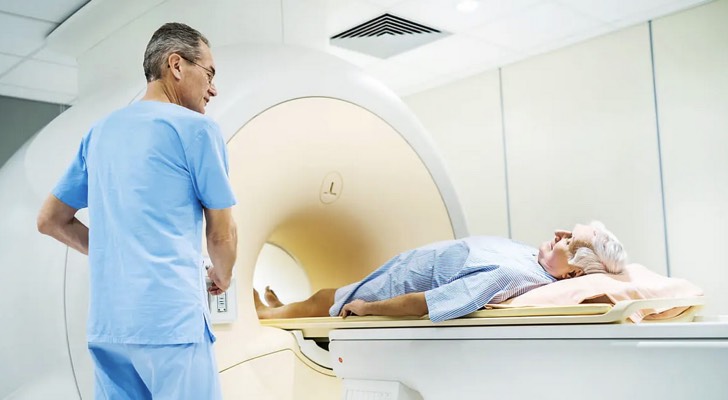Prostate cancer is one of the most common types of cancer among men, particularly those over the age of 50. While it often develops slowly and may remain symptomless in its early stages, certain warning signs should never be ignored. Early detection can significantly improve treatment outcomes, making it vital to recognize the potential red flags. Here’s what you need to know about the symptoms that could indicate prostate cancer.

5 Symptoms to Watch out for
1. Difficulty Urinating: One of the most noticeable early signs of prostate cancer is trouble urinating. The prostate gland surrounds the urethra, and when it becomes enlarged due to cancer, it can press against the urinary tract, causing a weak or interrupted urine flow, frequent need to urinate (especially at night), difficulty starting or stopping urination, and a sensation of incomplete bladder emptying. While these symptoms can also be caused by benign conditions such as an enlarged prostate (BPH), they should still be evaluated by a doctor.
2. Blood in Urine: The presence of blood in the urine (hematuria) can be a warning sign of prostate cancer. Though it may be painless, it should not be overlooked. Blood in the urine could indicate that the cancer has affected blood vessels or nearby tissues. Even if the amount is small or appears only occasionally, it warrants a thorough medical evaluation.
3. Erectile Dysfunction: While erectile dysfunction (ED) is common as men age, it can also be linked to prostate cancer. Tumors in the prostate can disrupt the nerves and blood flow essential for maintaining an erection. If you experience sudden or persistent erectile issues, it’s worth discussing with your healthcare provider.
4. Pain or Discomfort in the Pelvic Area: Persistent pain or pressure in the pelvic region, lower back, hips, or thighs can be a sign that prostate cancer has spread beyond the gland. This symptom is more common in advanced stages but should still be taken seriously if it occurs without any clear cause.
5. Unexplained Weight Loss and Fatigue: Sudden and unexplained weight loss or chronic fatigue can indicate advanced prostate cancer. When the cancer spreads (metastasizes), it may cause systemic symptoms that affect overall health. If you experience these issues along with other prostate-related symptoms, seek medical evaluation promptly.
When to See a Doctor
Many of these symptoms can result from non-cancerous conditions, such as prostatitis or benign prostatic hyperplasia (BPH). However, if you experience persistent urinary difficulties, blood in urine, ongoing pelvic or back pain, sudden erectile dysfunction, or unexplained weight loss or fatigue, you should consult a healthcare professional. Early screening through PSA (prostate-specific antigen) tests and digital rectal exams (DRE) can help detect prostate cancer in its initial stages, offering better treatment outcomes.
Conclusion
Recognizing the warning signs of prostate cancer can be life-saving. While some symptoms may be due to benign conditions, it’s essential not to dismiss them. If you experience any of the signs mentioned above, consult your doctor for a thorough evaluation. Early diagnosis significantly increases the chances of successful treatment, so don’t delay seeking medical advice.
 © Copyright 2025 Shirabe-ru | Terms | Privacy Policy | Contact Us
© Copyright 2025 Shirabe-ru | Terms | Privacy Policy | Contact Us


